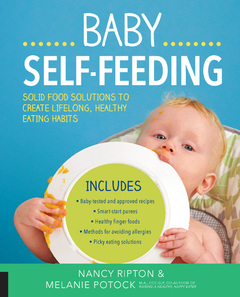Surviving Toddler Power Struggles

Why it works
Your first reaction after reading this may be: "Doesn't that mean I'm letting him get away with disrespectful behavior?" Actually, it's quite the opposite. Parental silence captures his attention and he thinks, "Uh oh, I'm in trouble." And since he's emotionally out of control, your silence shows him that you're calm and in control–and he's comforted by that. He also senses that the pleading, negotiating and screaming has to stop now.
The key is to explain why you've gone silent. If you don't, it will either confuse him or cause a bigger fuss. So, the next time you find yourself arguing fruitlessly with your child, follow these simple steps:
- Go silent for 10-60 seconds as soon as you realize you're in a power struggle.
- Take a few deep breaths and wait for your child to calm down before you talk. Explain that you won't have a conversation again until he calms down. Then, go silent again as he tries to re-engage you–and he will. Repeating instructions is key as you follow this step.
- Repeat this process as many times as needed until your child is back in control of his emotions and you can move on. Finally, follow your heart as you teach him how to handle his emotions and express himself without going into battle.
Meet our expert:
Sharon Silver is the founder and director of ProActive Parenting, www.proactiveparenting.net a site offering downloadable seminars to help parents switch from punishment to discipline as they deal with everyday toddler and preschooler behavior.





